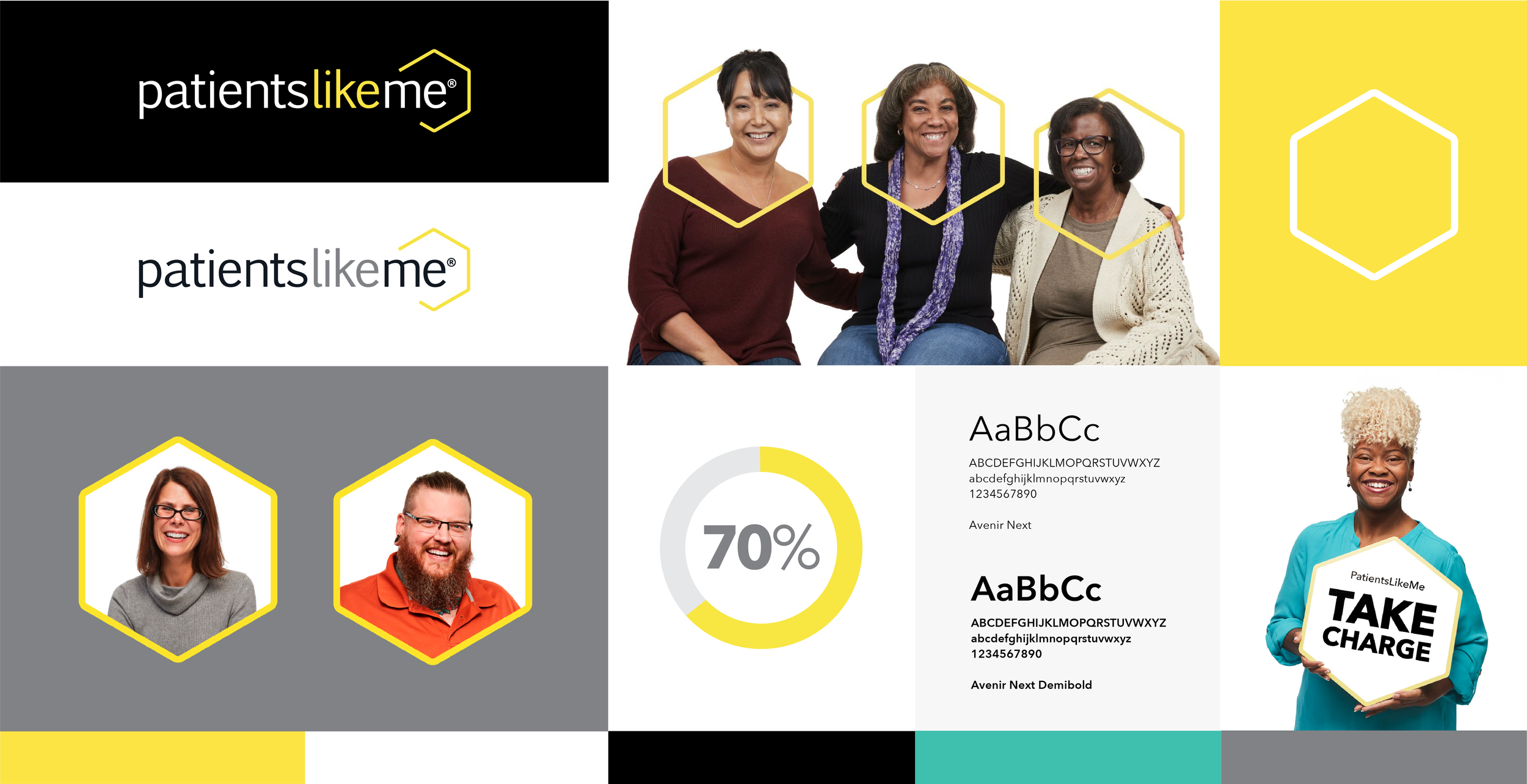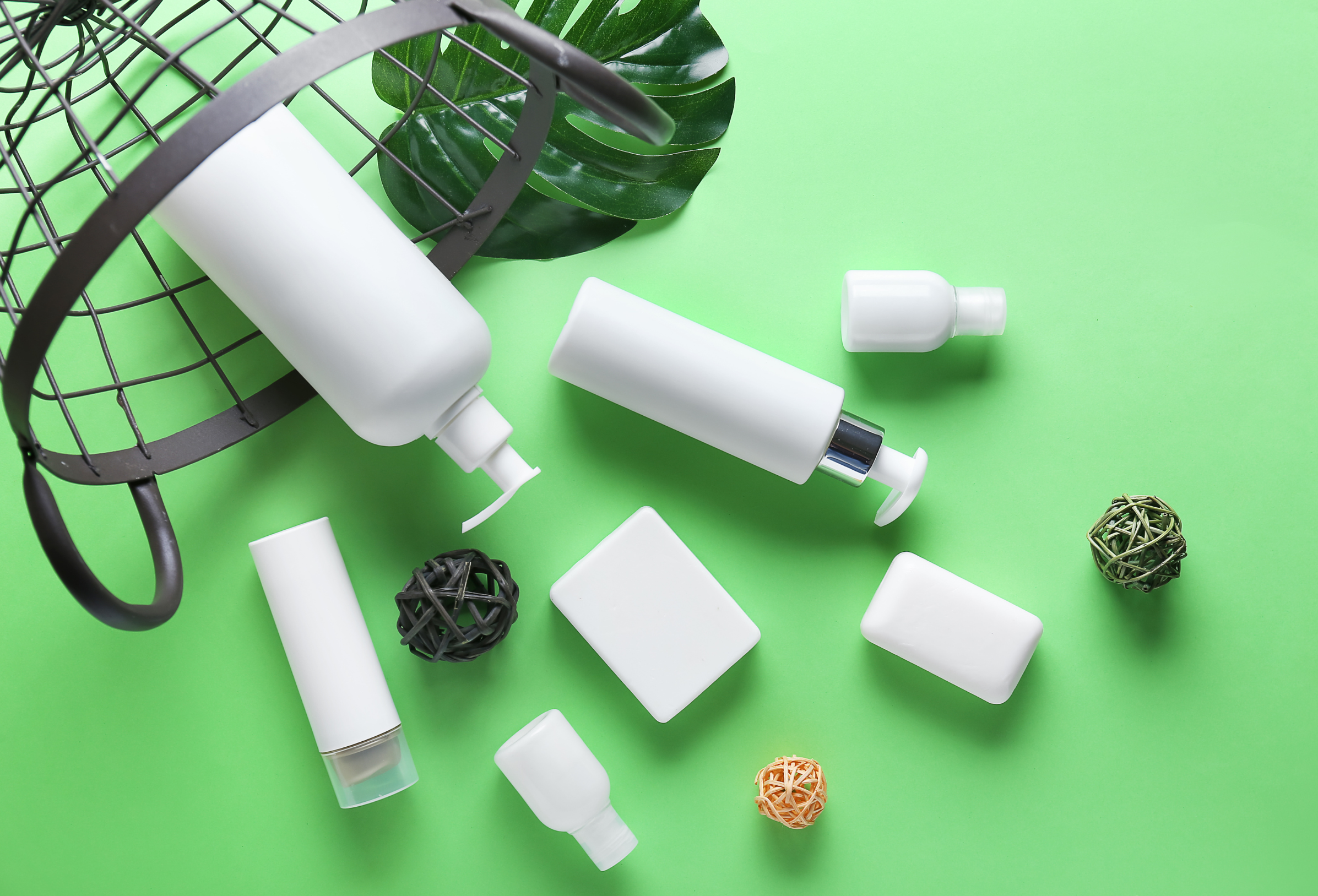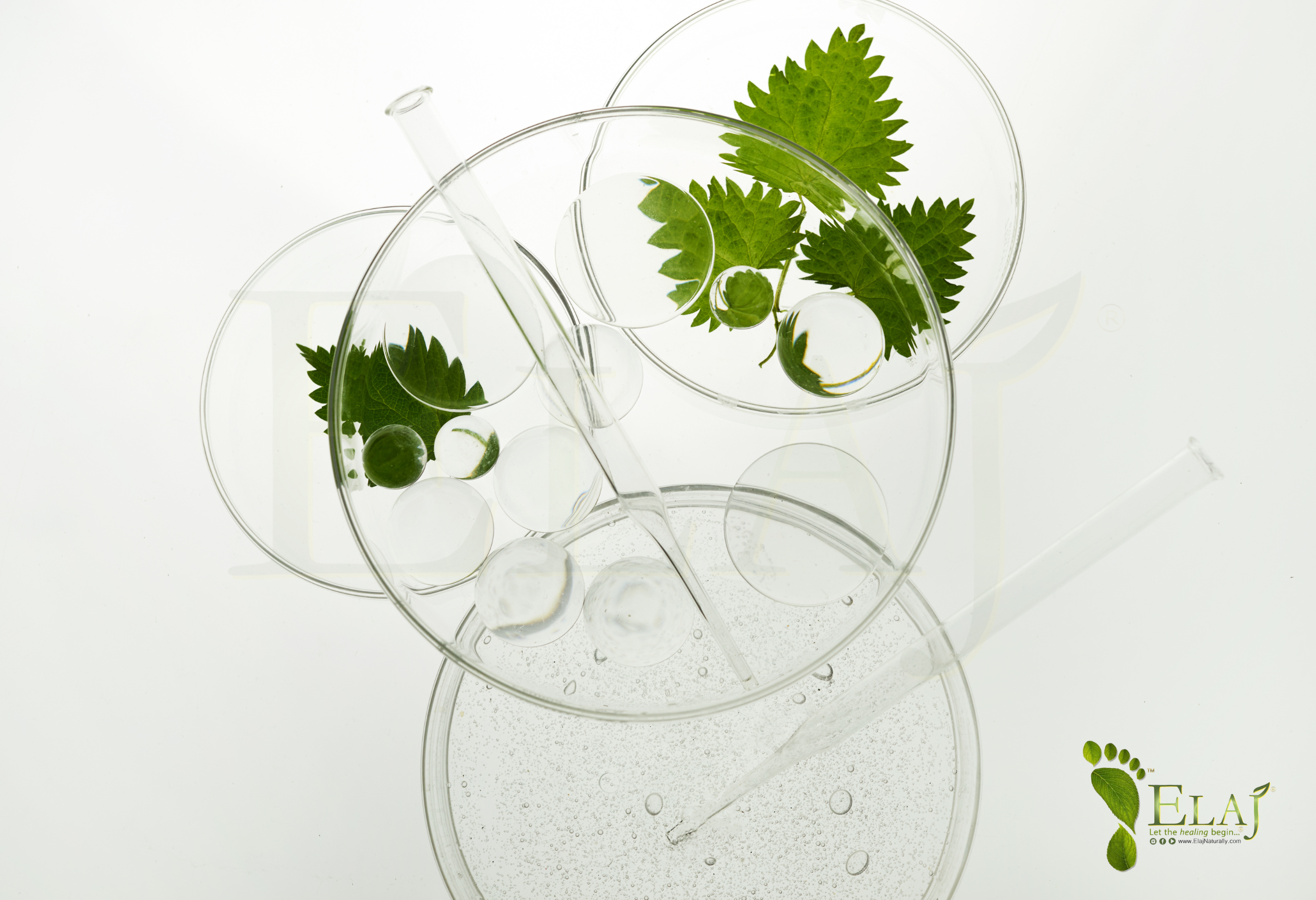News

What is Patients Like Me? 0
What is Patients Like Me all about?
Go to Patients Like Me to discover a new online forum where over 600,000 patients with 2,800+ different health conditions share their medical history, symptoms, medications, and side effects. All in the hope that others will compare and learn about their particular condition or treatment, so they make better choices. As patients, we do not have access to see the true independent clinical research about medications and treatments. Now you can dig deeper into that important information. How many people took a certain brand-name or generic medication and found it useless? Were the side effects of a new drug too risky to deal with? What other options do you have? You just may find the answers there.
Is that information going back to the drug manufacturers and pharmaceutical companies to know that some medications are good, bad or ugly?
YES! It did not start out that way. It really was just a forum for patients. But it grew so exponentially big, that it's become even more powerful than just a consumer/patient forum.
NOW the big pharmaceutical companies are actually taking back the statistical information from the website and using it to re-strategize their own medical research and drug development! This is a HUGE breakthrough for patients!
Is the Food and Drug Administration paying attention to this online site as well?
YES! Since 2016, the FDA is benefitting from direct patient-reported data and gaining powerful insights to drug efficacy and safety! This is so exciting for everyone. It's a win-win partnership for all.
As of 2015, over 110,000 adverse drug reactions were reported on that site alone. Because the FDA has always struggled with a huge gap in adverse drug reporting from doctors and patients, now this online forum is a safe place for patients to share their reactions. The FDA has now taken this site seriously as a place to survey starting points on market reactions.
Has there been any case where PatientsLikeMe.com helped get a drug recalled or refuted?
YES! Because of the data generated about a lithium carbonate treatment for amyotrophic lateral sclerosis (ALS) the same disease that Professor Stephen Hawking died from in March 2018, they were able to refute results from an actual clinical trial!
Again...we are here happy dancing at this news that a patient-to-patient network was about to evaluate and provide more realistic results than a clinical trial! We think PatientsLikeMe.com should qualify for a courtesy Nobel Peace Prize in Medicine for helping redistribute the power back to patients and their voices, rather than relying only on the frequently skewed clinical trials that have vested interests in more profitable results to benefit drug manufacturers.
We hope that this platform stays true to their original intent and does not sell out to the proverbial devil and the deep pockets that feeds the system. As of the writing of this book, we have not found any hint of that occurring. However, whenever data is shared, a higher level of vigilance is needed to make sure that power is not hijacked.
Why didn't anyone think of this long ago?
Sometimes it takes a devastating heartbreak to drive a question into a movement into a revolution. In this case, it was two brothers, James and Benjamin Heywood, who were inspired to reach out and find more effective treatment for the ALS disease that their brother was diagnosed with at 29 years old. The two brothers just needed a resource to compare notes with other ALS patients, so they could decide what treatment option would be better. There were no other resources. That's how PatientsLikeMe.com was born.
In just one decade since their brother's death, PatientsLikeMe.com has grown to be a force to reckon with as a robust and legitimate resource information platform. We congratulate they Heywood family and the team at Patients Like Me for their noble mission and their accomplishments already made to the medical community of patients.
How can PatientsLikeMe.com benefit the eczema/psoriasis and other skin condition patients?
If more skin condition patients register online and deposit their health journeys and detailed topical steroid medication experiences, then the statistical database of pros and cons will grow. Once more data is accumulated, the public awareness will benefit, as well as medical practitioners to know if their protocols are working.
Has anyone reported Topical Steroid Side Effects or Red Skin Syndrome on PatientsLikeMe.com?
YES, YES, YES! As of this book publication date, there have been 68 patients that reported their own experiences with each topical steroid they used. In fact, the condition is listed as Red Skin Syndrome/Topical Steroid Withdrawal. There you have it folks! Where many medical practitioners have not acknowledged this condition, there is now an independent platform that does right there, and it is open for everyone to review. This is just a starting point to provide a safe place to deposit the long history of topical steroids and efficacy and potential side effects.
Is there any way to create a poll or another type of survey within Patients Like Me?
YES! YES! YES! They have a large research division within their platform and can set up an independent survey by contacting the folks at Patients Like Me RESEARCH tab on their website. They can guide and initiate how they can help to administer this type of survey. There are academic ways to do this or with an independent group to get this funded by grants as well. This is where it all comes together. Dermatology students also have credence to work with Patients Like Me and their data to help with publishing papers and research activity.
Is it really anonymous?
A patient or caretaker can create an anonymous profile on any computer and set up their health history and medications list(s). They can detail their experiences with each medication or treatment protocol. It is a brilliant concept to help share valuable information that would otherwise not be available to patients.If you've read this book thus far, you must know someone that has dealt with topical steroids on some level. Please forward this information to them and encourage them to share their experiences on Patients Like Me.
Can we really make a difference just by inputting our individual health issues on a website?
Thank you for asking this magnificent question! That one question may be the key to saving humanity...no, seriously! There is a new platform online for patients and caretakers that could be the missing piece to the puzzle. It was created by two brothers who lost their other brother to Amyotrophic Lateral Sclerosis (ALS.) When they explored the medical options available for treatment and what, if any, side effects they had, they found a huge void and lack of available information. Just like topical steroids! They needed to compare medications their brother was given and how it fared with others that were a few stages ahead. What was the statistical average of survival and what were the side effects? The brothers intuitively knew that relying on the original clinical test of the pharmaceutical companies was not wise. After all, those companies had a vested interest in swaying information in their favor and, quite possibly, were not going to help them in trying to save their brother.
So they started a website called www.PatientsLikeMe.com. They created an online system where anyone - patients or caretakers - can share their true experiences with each drug, medical protocol and side effects with honest feedback fromothers that went through the same ordeals. WHAT A BRILLIANT CONCEPT, right? Here at ELAJ headquarters, we constantly nag, nag, nag for anyone and everyone with any disease or medical ailment to register, even if anonymously from a random computer at a library or hospital to just DO IT! For the sake of humanity, DO IT! For the sake of clearing our collective conscience to help others in need, DO IT!
Imagine if 70% of patients with eczema or psoriasis input their information into that database? I can imagine the shivers of the pharmaceutical executives all the way through my computer keyboard as I'm writing this. How else can we, patients and caretakers of those that are ill, gain control back from the dominant power of Big Pharma? This could be the ONLY way to statistically get the data and leverage back in our favor.
In light of the latest concern about opioid drug addiction and abuse, imagine people sharing their stories. Cancer treatments and the recurrence ratios and hearing from people in similar cases describe their actual health journeys? This is why I think this could be one of the keys to saving humanity. It has become a beacon of light for so many people.


International Topical Steroid Awareness Network - ITSAN 0
What is ITSAN?
ITSAN is a non-profit organization dedicated to spreading awareness about Red Skin Syndrome, also known as Topical Steroid Addiction or Topical Steroid Withdrawal. Their full name is International Topical Steroid Addiction Network. Also they have been known as Topical Steroid Awareness Network.
Their website is www.ITSAN.org.
The youtube channel is linked here.
ITSAN Red Skin Syndrome Support has grown into a thriving world-wide online community where members share, comfort and encourage one another. ITSAN serves international populations as a resource for the individual, the caregiver, and the healthcare provider.
How old is ITSAN and how did it get started?
Again, we are amazed at how one individual's experience and heartache can turn a question into a snowball movement and potentially a revolution in less than a decade. In 2009 a woman started the website AddictedSkin.com from her own experience in Red Skin Syndrome and her personal topical steroid withdrawal experience into an international resource and safe zone for so many! Kelly Palace posted her photos as well as articles and white papers from Dr. Fukaya, Dr. Rapaport, and Dr. Kligman.
By 2012, Palace changed the website to ITSAN.org and filed for non-profit status with Dr. Rapaport as a co-founder. Soon after, Dr. Rapaport left ITSAN while Palace continued as president until 2015. Today ITSAN is a member in Good Standing of the Coalition of Skin Diseases since 2014. ITSAN is now hosting its own conference.
How does ITSAN work to get the word out?
ITSAN advocates for the RSS community by:
- Being a member of the Coalition of Skin Diseases
- Member of the International Alliance of Dermatology Patient Organizations (ADPO)
- Community outreach at the Eczema Expo by National Eczema Association NEA

- Participating in the American Academy of Dermatology's Inflammatory Skin Diseases/Itch Measures Work Group
- Attending the AAD Annual Meeting and Scientific Sessions
- Lobbying in Washington, D.C. With the Coalition of Skin Diseases at the Annual AAD Association Legislative Conference
- Working toward creating a patient registry to further future research efforts
- ITSAN has developed a survey to estimate Cortico-Steroid Exposure (CoStEx) that can help quantify Withdrawal & Recovery experience. The survey was developed by an MD and a PharmD. It is confidential and would help those suffering with TSA/W. Here is the link to that: ITSAN SURVEY.
- They developed a brochure that can easily be printed that can be shared with your medical team or friends and family ITSAN BROCHURE
- They produced a really cute cartoon whiteboard video that easily explains the whole deal with this crazy phenomenon ITSAN CARTOON VIDEO
What's on the immediate agenda for ITSAN to do more?
To break it down in steps, they are :
1. Developing a member registry so that the growing Facebook support group will be transferred into a database of actual members.
2. Organizing a webinar series to help offer more support
3. Host one-day conferences.
What's holding ITSAN back from really getting the word out there?
Remember this is a volunteer organization of actual RSS sufferers that are barely getting their health and lives back from the tight grip of topical steroid withdrawal recovery. The passion of getting the word out there is immeasurable from these warriors that sacrifice their own time and effort at their own expense. They are only limited by lack of funds. Many times the volunteers are relying on the $5, $10 and $50 donations from the ones that are already suffering with limited incomes due to the debilitating condition and not being able to work.
What can I do to support ITSAN.org?
There is still so much to do to get the word out. It's a two-part process. One important aspect is to work on a medical outreach program directly educating medical practitioners on topical steroid side effects.The second is public outreach directly to the eczema/psoriasis populations to help them be fully informed before, during and after the decision to use topical steroids.
Remember it was less than 10 years ago that one woman's voice started this snowball movement, and today ITSAN is a lifeline for so many to make better-informed decisions about their health through support. Imagine if your donation just happened to be the spark that helped someone avoid unnecessary suffering...

- Suhein Beck
- Tags: AAD ADPO American Academy of Dermatology Coalition of Skin Diseases eczema eczema expo Elaj International Topical Steroid Awareness Network ITSAN National Eczema Association NEA nternational Alliance of Dermatology Patient Organizations Red skin syndrome Steroid Suhein Beck topical steroid Topical Steroid Withdrawal

The Misuse of Topical Steroids in India 0
Why was India experiencing a pandemic of topical steroid abuse?
This was due to a cultural obsession with lightening dark skin. This is a sad, social phenomenon that has to do with racial classification. The desire for lighter skin tones still has seriously dangerous and detrimental psychological ramifications among many Eastern, Mideastern and Asian cultures, not just India. Actors, models, singers, and the general public still deal with economic discrimination as well as social preferences in marriage proposals to lighter skin tones.
There were also other factors for topical steroid misuse resulting from public ignorance, lack of information and medical negligence. Pharmacies were disregarding the manufacturer warnings while profitable sales increased each year. The market was saturated with prescriptions for steroid cocktails of antibiotics and anti-fungals that would be re-filled and shared among family and friends without any direct supervision from dermatologists. Another factor was that there had been a shortage of dermatologists in ratio to the country's population of over 1.35 billion. Most of the dermatologists are located in urban municipalities completely denying access to so many in the outlying populations.
How did the consumers use the steroids to lighten their skin?
They mix topical steroid cremes that are known to thin skin with a bleach creme to lighten darker skin tones. That was the onset of an epidemic level of topical steroid addiction case studies. Since 2008, Dr. Koushik Lahiri and other doctors started seeing more and more patients that tried to alter a cosmetic issue, but unknowingly became far more injurious to their skin and endocrine systems with far-reaching consequences. It was not an eczema-induced prescription that caused the topical steroid addiction, but rather a cosmetic craze for lighter skin tone that triggered a topical steroid addiction epidemic!
Are topical steroids banned in India?
 One of the first heroic voices in India lobbying for change was the world-renown dermatologist, Dr. Koushik Lahiri. Since 2008 he has been a trailblazer documenting the detrimental history of corticosteroid abuse. Loaded with case studies, he pleaded to the Ministry of Health and Parliamentary House in India. His personal mission was to rescind the law and ban OTC (over-the-counter) sales of any topical steroid without a prescription. In August of 2016, he finally succeeded with his original proposal to the Indian Association of Dermatologists called: Stop OTC Sale of Topical Corticosteroids without Prescription. He has since been recognized by the International Society of Dermatology for his work on many fronts to protect public health and skin care and educating and encouraging international medical professionals to become more sensitive to the conditions.
One of the first heroic voices in India lobbying for change was the world-renown dermatologist, Dr. Koushik Lahiri. Since 2008 he has been a trailblazer documenting the detrimental history of corticosteroid abuse. Loaded with case studies, he pleaded to the Ministry of Health and Parliamentary House in India. His personal mission was to rescind the law and ban OTC (over-the-counter) sales of any topical steroid without a prescription. In August of 2016, he finally succeeded with his original proposal to the Indian Association of Dermatologists called: Stop OTC Sale of Topical Corticosteroids without Prescription. He has since been recognized by the International Society of Dermatology for his work on many fronts to protect public health and skin care and educating and encouraging international medical professionals to become more sensitive to the conditions.
He also founded a countrywide initiative task force to study and publish the first multi-authored international compendium on the topic: A Treatise on Topical Corticosteroids in Dermatology: Use, Misuse and Abuse.
This medical practitioner's reference tool aims: "To fill up the lacuna and to contribute significantly to the dissemination of knowledge about the indication/contraindication, mechanism of action, ethical use, side-effects and various other facets related to topical corticosteroid. Topical corticosteroids (TC) have greatly enhanced dermatologists' ability to effectively treat several difficult dermatoses. The available range of formulations and potencies allows them to flexibly treat all groups of patients, different phases of disease, and different anatomic sites. Improper/incomplete knowledge about topical corticosteroids' mechanism of action, indications, classifications, and contraindications has produced a rapid rise in the incidence of improper use of these drugs, which could potentially bring disrepute to this entire group of amazing drugs.
Responsibility for disseminating proper knowledge regarding when, where, and how to use TC both to internists and patients primarily rests with dermatologists. In this regard, the benefits of rational and ethical use and the potential harm of overuse and misuse for non-medical, especially cosmetic purposes, should be clearly conveyed before prescribing TC."
Will hydrocortisone ever be taken off the over- the-counter market in the United States?
That is highly unlikely due to the powerful wing lobby of Big Pharma. What we can do is educate ourselves, our loved ones, and report Adverse Drug Reactions to the FDA and register at www.PatientsLikeMe.com to become a better informed self-patient advocate! The doctors in India have taken great strides in causing ripple effects in the east. We, in the west, can learn if we choose to see the parallel universe of topical steroid addiction potential. Albeit, the original intentions of using corticosteroids were quite different, the results and consequences have the same endocrine disruption. This provides more valuable data that can be shared to document the clinical effects of addiction/withdrawal.
For more information on Dr. Lahiri .
Facebook page: www.facebook.com/NoMoreSteroidAbuse
Lahiri K, Coondoo A. Topical steroid damaged/dependent face
(TSDF): An entity of cutaneous pharmacodependence. Indian J Dermatol [serial online] 2016 [cited 2018 Nov 9];61:265-72. Available from: http://www.e-ijd.org/text.asp? 2016/61/3/265/182417
Coondoo A., Lahiri K. (2018) Topical Steroid Damaged/ Dependent Face (TSDF). In: Lahiri K. (eds) A Treatise on Topical Corticosteroids in Dermatology. Springer, Singapore://link.springer.com/chapter/10.1007%2F978-981-10-4609-4_13


Moisturizers and Emollient for Eczema 0
Can an emollient moisturizer really help with eczema?
Yes – moisturizers have been found to help reduce flareups and increase complete remission and/or reduction of atopic dermatitis in high-risk infants. That's pretty amazing and the best part...is they are considered to be generally safe to use.
"Parents and carers of children with eczema often underuse emollient therapy, essential to repairing and protecting the defective skin barrier in atopic eczema. Educational interventions delivered by specialist dermatology nursed in hospital setting shave been shown to improve emollient use and reduce symptoms of atopic eczema."
Any proof to back it up?
In 2008, a pilot study was conducted by Dr. Eric Simpson, who was funded by the National Institute of Health (NIH) and National Eczema Association (NEA). The study included 22 babies at high-risk for atopic dermatitis. Parents applied an emollient cream at least once a day over their baby's whole body, except diaper area and scalp. The result was that only 3 babies of the 22 developed atopic dermatitis within the follow- up period of 547 days. Similar studies of such high risk subjects would have probable results ranging from 30% - 50% towards the eventual development of atopic dermatitis.
That pilot study has since inspired more international clinical trials both sponsored by companies with vested interests in promoting their own emollient use, as well as non-vested academic researchers legitimately looking for alternative protocols for atopic dermatitis.
Once daily usage of an emollient showed considerable promise to prevent the atopic dermatitis according to the Barrier Enhancement for Ecz ema Prevention Study. BEEP was a multi-center, international, randomized controlled pilot study. This was announced at the annual meeting of the Society for Investigative Dermatology.
ema Prevention Study. BEEP was a multi-center, international, randomized controlled pilot study. This was announced at the annual meeting of the Society for Investigative Dermatology.
Are emollients safe and are there any adverse side effects?
Of course, there are always exceptions to every product or medication and allergic reactions can occur from any particular ingredient. However, generally speaking, the consensus is moving towards using emollients as the first line of defense and prevention before prescribing the more risky alternative of topical steroids. We are moving in the right direction of reassessing the medical protocols of jumping too soon on the corticosteroid regimes.
"The results of this trial demonstrate that emollient therapy from birth represents a feasible, safe, and effective approach for atopic dermatitis prevention. If confirmed in larger trials, emollient therapy from birth would be a simple and low-cost intervention that could reduce the global burden of allergic diseases."

Isn't ELAJ an emollient?
Yes - it has been called emollient, moisturizer, eczema therapy and the fancy word, emollience. But the basic premise of ELAJ products is that they are lipid rich and intensive, without water in the formulation. So it is not a light moisturizer. The best results have been found when patients apply ELAJ 3-4 x during a flareup until it subsides within a week or two or less. Thereafter, apply once a day, preferably after bathing when body is still warm and dry. The absorption will be more higher. A secondary touch up for the affected area if there is a tendency to itch at night.


New Skin Science Frontier in Skin Microbiome 0
What is this new term I keep hearing of "Skin Microbiome" or "Skin Flora"?
So wait...bacteria is good?
Yes! We like to call them the "good, bad and ugly" for easy reference. They belong together and if we learn to respect that the bad bacteria can be eaten up by the good bacteria, then we will be mindful to stop using toxic anti- bacterial products and hand-sanitizers that supposedly kill 99.999999% of all bacteria. Sound familiar? That's because our society has developed an obsessive compulsion to sterilizing our living environment which has, in turn, literally reduced our immune systems as a collective society. Now we realize that our immune systems are actually made up of bacteria too! They are not all bad or ugly. They've been fighting for us all along, despite us.
So do I or don't I wash my hands?
Hey, hey, hey. Don't go from one extreme to another, cowboys and cowgirls! This is where we all learn from our mistakes of the past and don't fall for the pendulum swinging from one extreme to another. We are smarter than that now. We are going to not take this new science for granted because we know that a more diverse flora of bacteria is actually helpful to resist the common dangerous ones that even the toughest of antibiotics no longer have any effect on them. So we are going to go back to the basics of washing with good old-fashioned bar soap without preservatives, and we will just slow down a bit, take a breath and exhale while we enjoy the lather. We minimize the "Skin Burden Threshold®" of chemicals and additives.
What do scientists predict this new discovery to do for skin conditions?
It's kind of like this... We are happy dancing yet trying to hold down our expectations as we do more research simultaneously. The findings so far are incredible, and yet we feel the responsibility to guard the data from hijackers that will come along to exploit the science for profit's sake. They need more time, data and research.
Is it true that our ancestors had a more diverse bacteria biome?
YES! Both internally and on their skin. They lived, hunted and played outdoors so they were exposed to a more diverse spectrum of inhabitants. That boosted their immune systems.
So a more diverse biome will help me boost my immune system?
As the science of probiotics, prebiotics has shown in our gut systems, yes, our glorious skin biome, also reflects the same amazing potential. So we can actually consider the right bacteria/fungi/viruses to help rebalance the naughty ones from harming us. It's that simple. The complicated part is identifying the ratios of each and locations on skin and body and statistically seeing where the cut-off point is on each of the "good, bad and ugly."
Is it true that babies born naturally through the mother's birth canal actually have less incidence of eczema and allergies?
Yes! This is further proof that the baby is inoculated with a deep-tissue massage as it exits into the world through the mother's bacterial passageway! "Babies delivered by cesarean section (C section) acquire a microbiota that differs from that of vaginally delivered infants, and C-section delivery has been associated with increased risk for immune and metabolic disorders." So now it is becoming a common practice to gather cultures of a mother's internal flora and apply to a baby that is born via Caesarean operation. It's still a relatively new science and the difficulties are obvious that nothing can truly compare with the voyage of a baby vs. an application of mother's bacterial cultures collected quickly.
How can I increase my skin microbiome naturally?
Go take a hike. Go play in the dirt. Go visit your uncle's farm and help him tend the land for a few months! Stop being so metropolitan. Cancel your gym membership and do cross training in a park, a beach or mountain. Open your windows and shut off the air conditioner. Eat clean foods without preservatives, sugar, alcohol and dyes. Resist taking antibiotics unnecessarily for minor situations whenever possible and boost your body's natural strength to fight off invaders. Stop being obsessive and compulsive with household cleaning products and use baking soda and vinegar instead. Go back and use simple ingredients on your skin and hair without preservatives. Be a minimalist. Get rid of stuff, go outside, travel and explore different worlds, cultures, and cuisine.
Would it help if I increase my gut biome as well?
Yes, since your immune systems are inter-related your ability to fend off the "bad and ugly" will be determined by both your gut and skin biomes to attract the good and mighty. So make friends with people from around the world and potluck your get-togethers with a variety of dishes from each "culture." See that word "culture" it also refers to the different species of bacteria so remember a different culture brings a different culture of bacteria and that's really good news for your diversity training both biologically and socially speaking.








